The federal government remains shut down, in what is now the longest shutdown in U.S. history. Many federal workers have missed paychecks, including air traffic controllers, who are working unpaid. One air traffic controller is warning over the upcoming Thanksgiving holiday season that they could see "the worst day of travel in the history of flight" if the shutdown doesn't end soon.
According to officials, the shutdown has had a ripple effect across the country, with many federal services and programs affected. The Supplemental Nutrition Assistance Program, or SNAP, previously known as food stamps, expired on Saturday, leaving millions of low-income individuals without access to essential food benefits. On Monday, the Trump administration announced that it would restart SNAP food benefits, but with a caveat: the benefits would be paid out only half the amount people normally get.
"It's a Band-Aid solution," said a spokesperson for the National Association of Food Pantries, who wished to remain anonymous. "While we appreciate the administration's efforts to provide some relief, it's not a sustainable solution for those who rely on SNAP to put food on the table."
The shutdown has also had international implications, with many countries closely watching the situation. In a statement, the European Union's Commissioner for Agriculture and Rural Development, Janusz Wojciechowski, expressed concern over the potential impact on global food security. "The shutdown of the U.S. government is a reminder of the interconnectedness of our global food systems," he said. "We urge the U.S. government to find a swift resolution to this crisis."
The shutdown has also sparked concerns among international aid organizations, who rely on U.S. funding to provide critical assistance to vulnerable populations around the world. "The shutdown is having a devastating impact on our ability to respond to humanitarian crises," said a spokesperson for the International Rescue Committee. "We urge the U.S. government to prioritize the needs of the most vulnerable and find a solution to this crisis as soon as possible."
As the shutdown continues, many federal workers are struggling to make ends meet. According to a recent survey, over 70% of federal workers have missed at least one paycheck, with many reporting difficulty paying bills and rent. The situation is particularly dire for low-income families, who rely on SNAP benefits to access basic necessities.
The current status of the shutdown remains uncertain, with no clear end in sight. The Trump administration has announced plans to restart some federal services, but many programs remain suspended. As the situation continues to unfold, international observers are watching closely, hoping for a swift resolution to this crisis.
In the meantime, many federal workers are bracing for the worst. "We're seeing a perfect storm of factors that could lead to a catastrophic Thanksgiving travel season," said the air traffic controller, who wished to remain anonymous. "If the shutdown doesn't end soon, we could see the worst day of travel in the history of flight."




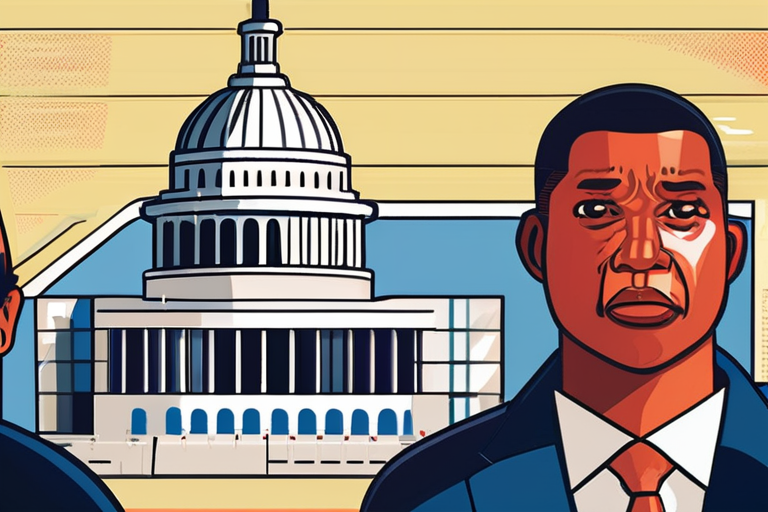
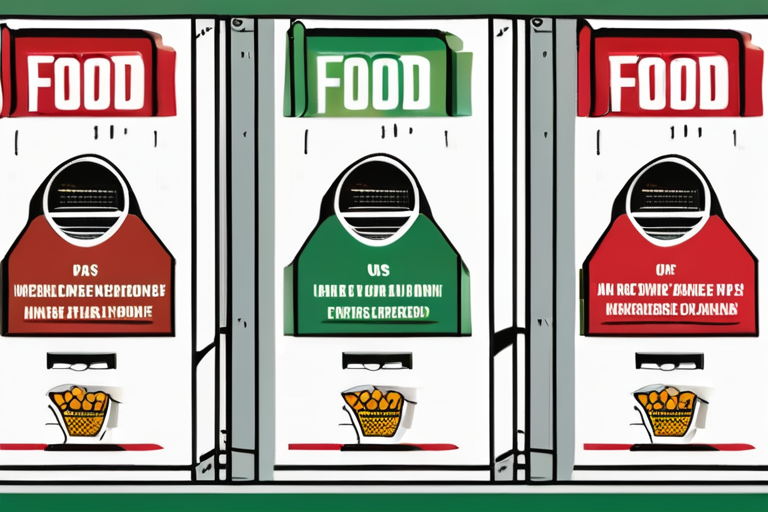


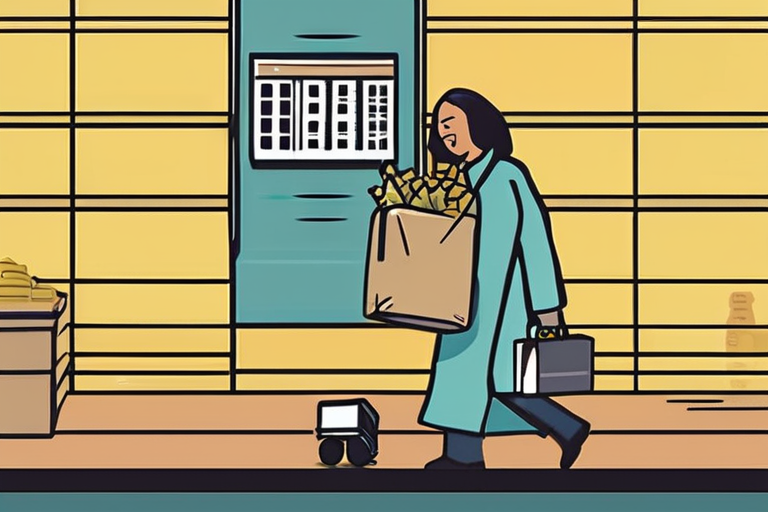







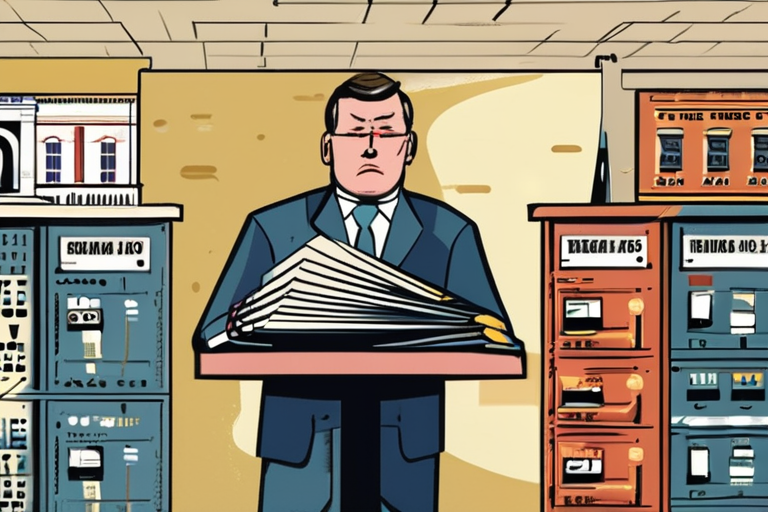
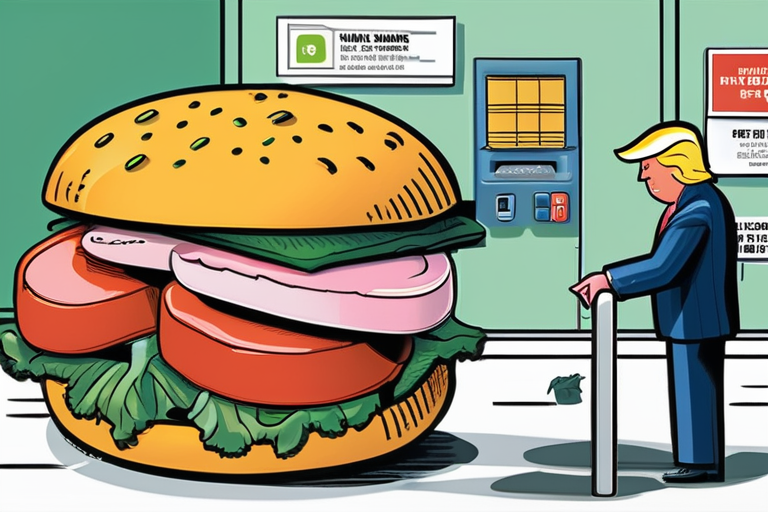









Share & Engage Share
Share this article